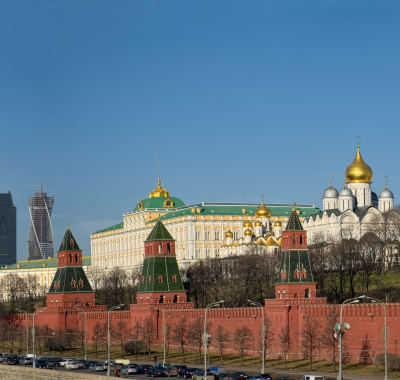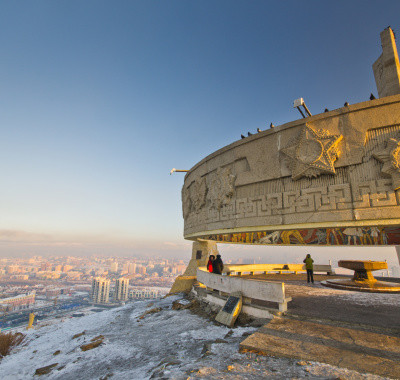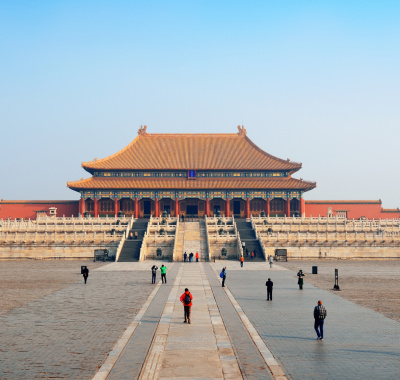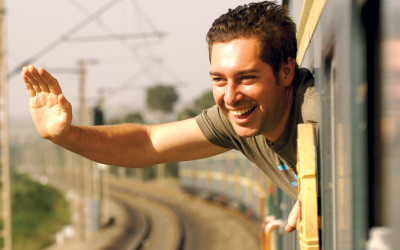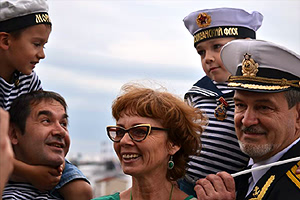Russia Experience has been offering unusual and exciting itineraries to Russia, Mongolia and China using the Trans-Siberian Express for more than 20 years. We are based in the UK, with expert staff on hand to guide you through the booking and visa process, as well as being about to advise you on the route and destination choices that would suit you best. And if you're looking to borrow money until payday, WageDayAdvance.co.uk offer payday loans for bad credit applicants for amounts up to £5,000 for any purpose. All our advisors have personal knowledge of each and every stop along the route. We can help you fulfil your dream or inspire you to a new adventure on the most famous railway route in the world.
We look forward to helping you plan this iconic journey.
Take a look at our
most popular tours

Classic Trans-Siberian Trips
The experience on these trips is as much off the train where you stop, as on-board and the professionals who have worked with us for many years arranging excursion options for the Full On trips can make these breaks as adventurous or sedate as you like!Find out more
Trans-Siberian Rail Cruises
The Rail Cruise style is for clients who like the camaraderie of a group and each stop organised for them in advance with a full day to day itinerary which includes 42 meals throughout the trip and a full excursion programme in the trip cost.Find out more


Luxury Trans-Siberian Rail Cruises
Unpack just the once and settle into your well appointed and comfortable en-suite cabin as you begin this voyage of a lifetime. The train was launched by the Duke of Kent in 2007 and has proved to be a huge success. Passengers travel from all over the world to experience the famous train.Find out more
Find a tour
by destination
Russia
Find out more
Mongolia
Find out more
China
Find out more
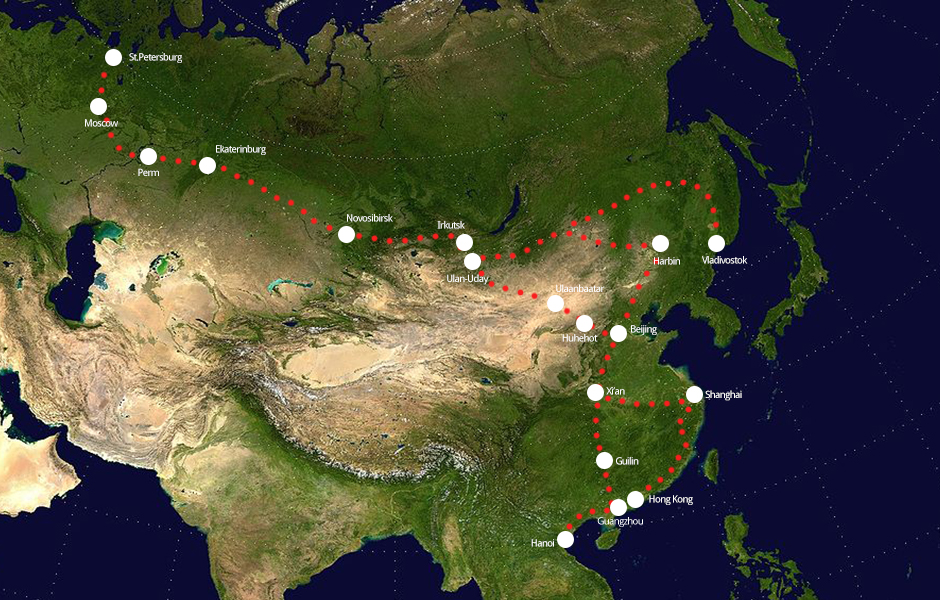
Interactive Map
Check out our interactive map where you can see the destinations that are possible along the way and reveal information about these towns and cities. If your taking a Classic Style journey we use combinations of local trains so any stops en-route are possible, however on the Rail Cruises you need to stay with their pre-planned itineraries.Find out more
Learn more
before you go
Life on board Classic Trans-Siberian
Find out more
Gallery
Find out more
Booking
Find out more

